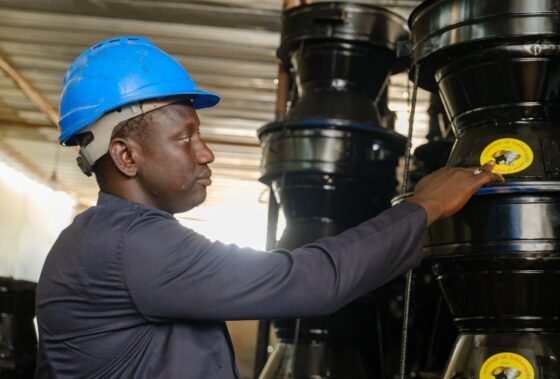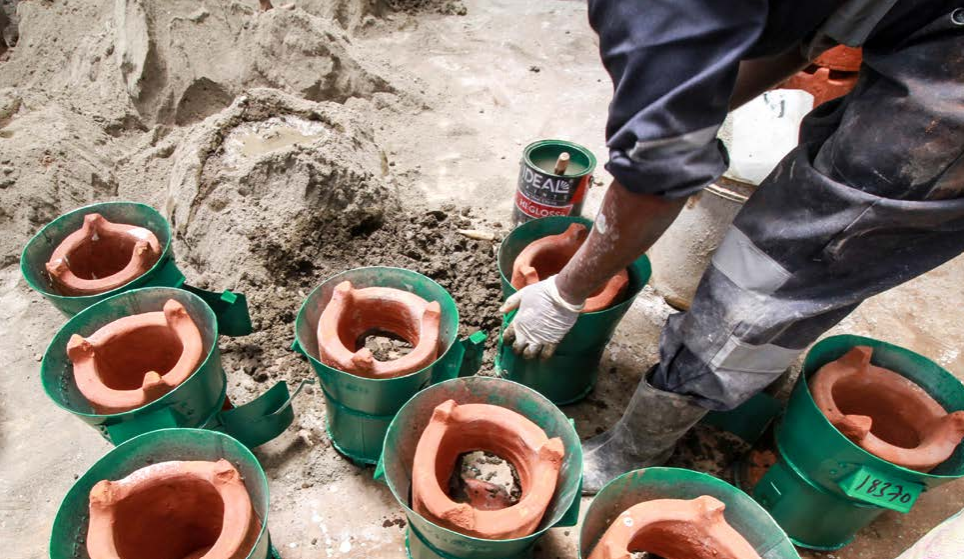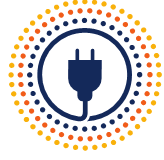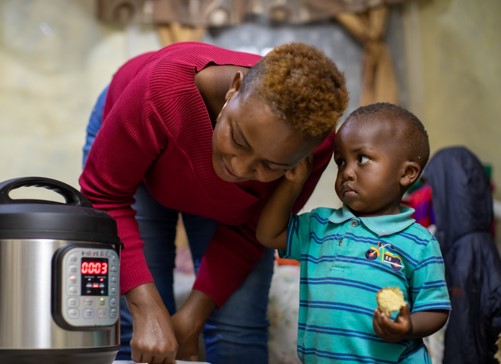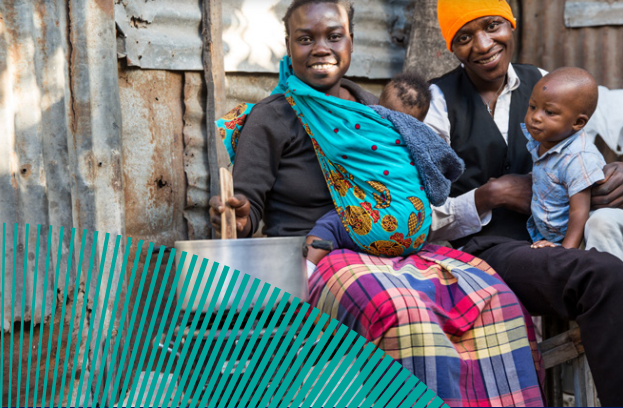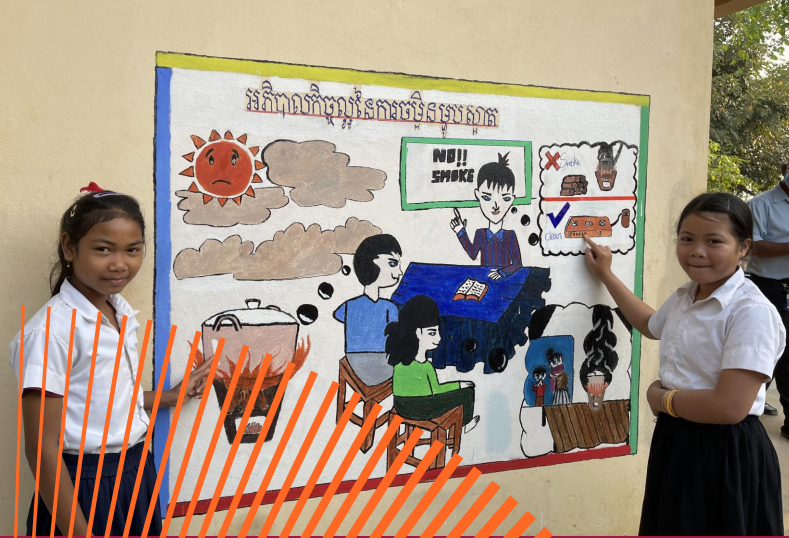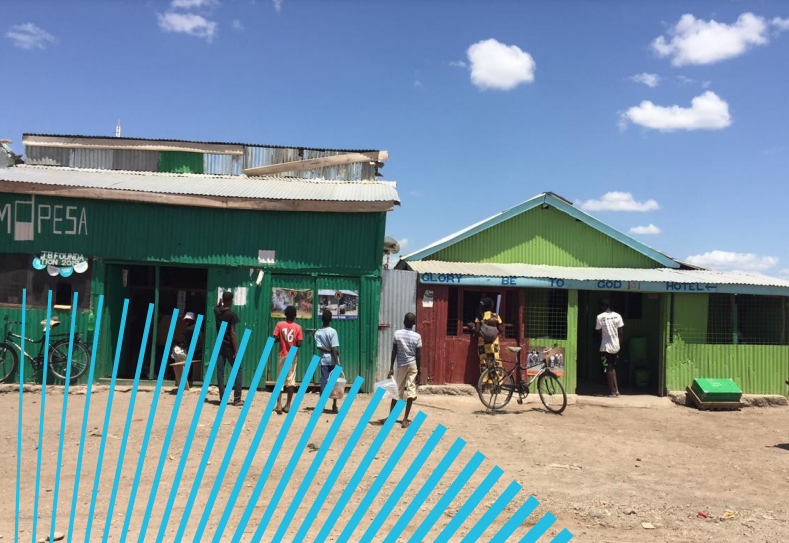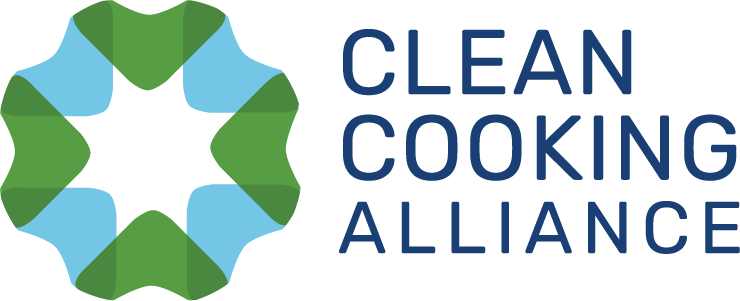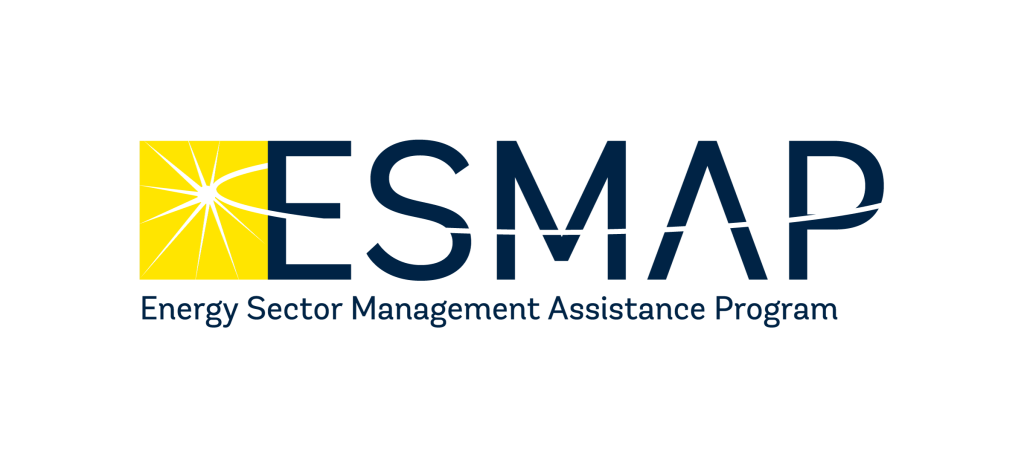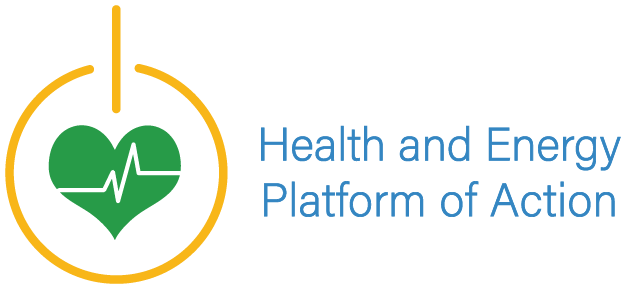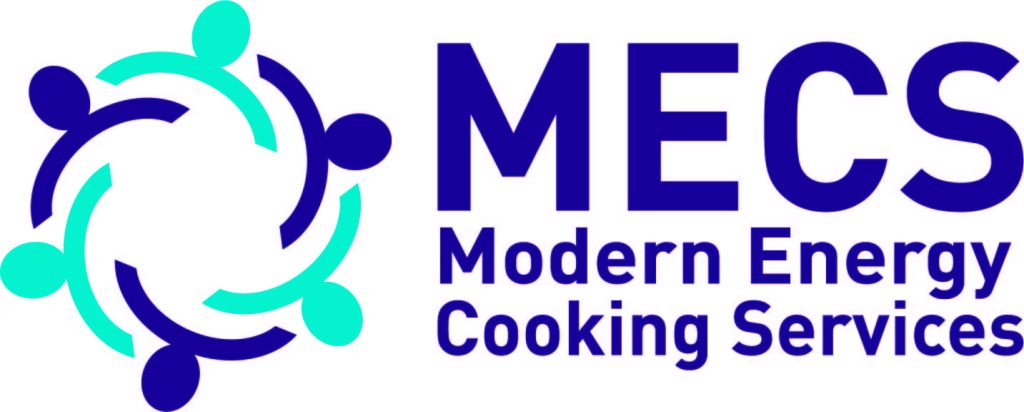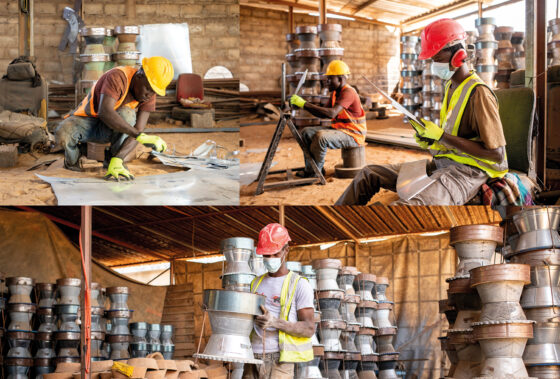Delivering on SDG 7: EnDev Provides Access to Modern Cooking Energy
Unless urgent and sustained action is taken, only around 75% to 83% of the global population will have access to clean cooking fuels and technologies by 2030 — falling short of the goal of universal access (IEA, 2024). To accelerate access to cooking energy, EnDev supports the development of markets for clean cooking solutions. This is because clean cooking helps combat climate change by mitigating carbon emissions, improving health through less smoke pollution, reducing environmental damage through lower fuel consumption, and promoting empowerment and economic development.
EnDev’s Ambition Level
EnDev aims to contribute to a wider sector transformation from lower tier to higher tier cooking (HTC) solutions in its partner countries. This not only increases direct benefits for users, but also paves the way for low-carbon development paths. In line with the Agenda 2030 and the pledge to leave no one behind, EnDev’s ambition is complemented by targeted interventions for the most vulnerable groups, with a specific focus on gender, displacement settings and the poorest of the poor. In other words, EnDev contributes to a just energy transition.
Thus, EnDev promotes access to clean cooking energy for households, micro, small and medium enterprises (MSMEs), and social infrastructure like schools. In doing so, EnDev follows a market-based approach:
- On the supply side: EnDev strengthens the entrepreneurial skills of producers and distributors as well as access to finance to innovate and scale-up business operations.
- On the demand side: EnDev follows a consumer-centric approach. This means empowering people to take informed investment decisions that match their individual needs and abilities, including financing options.
- Enabling environment: Here, EnDev supports national governments and institutions with policy advice, such as on sector policies, regulatory aspects and quality assurance.
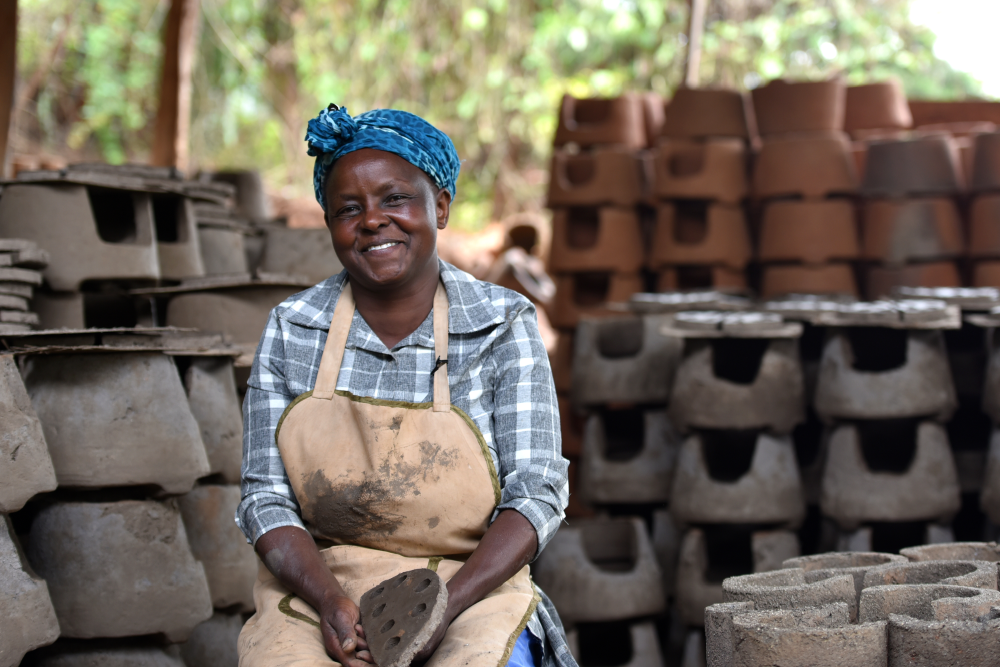
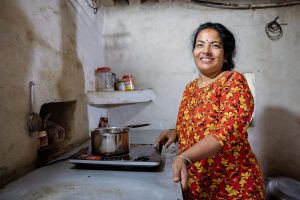
A Spotlight on eCooking: Giving People the Power to Cook
Significant progress has been made in increasing electrification rates worldwide, while progress on access to clean cooking still lacks behind. Electric cooking – in short “eCooking” – is a unique opportunity that brings both sides of the story together. Progress on access to electricity can act as steppingstones to accelerate access to higher tier clean cooking solutions.
Building on strong partnerships, such as with the Modern Energy Cooking Services (MECS) programme and the Collaborative Labeling and Appliance Standards Program (CLASP), and more than 15 years of experience in market development for decentralized energy technologies, EnDev initiated the journey to turn ambition into practice: taking higher tier cooking solutions to scale.
News: EnDev and partners introducing the Global Electric Cooking Coalition (GeCCo)
Study: Exploring the market for eCooking: Insights from sub-Saharan Africa and South Asia
Key Documents
Associated Projects
- SEE-Clean Cooking: With SEE-Clean Cooking, the Netherlands Enterprise Agency (RVO) introduces a new private-sector approach to promote clean, affordable cooking solutions. These solutions use sustainable fuels, including biogas, ethanol, pellets and electricity. The programme will carry out activities in partnership with the EnDev programme.
The programme has two components, the Higher Tier Cooking Component (HTCC) that aims to strengthen the supply side of the clean cooking sector and the African Biodigester Component (ABC) that supports the growth and sustainability of the commercial biogas sector in Sub-Saharan Africa.
- Promotion of Climate-Friendly Cooking: Kenya and Senegal: The project, implemented by GIZ and co-financed by the Green Climate Fund (GCF), is accelerating the growth of the improved cookstoves (ICS) market in both country contexts. By addressing the key barriers on demand as well as supply side it is significantly increasing the level of ICS production and sales, particularly in more remote and rural locations. It is thereby contributing to the achievement of the Nationally Determined Contribution (NDC) targets in the energy sector in Kenya and Senegal.

